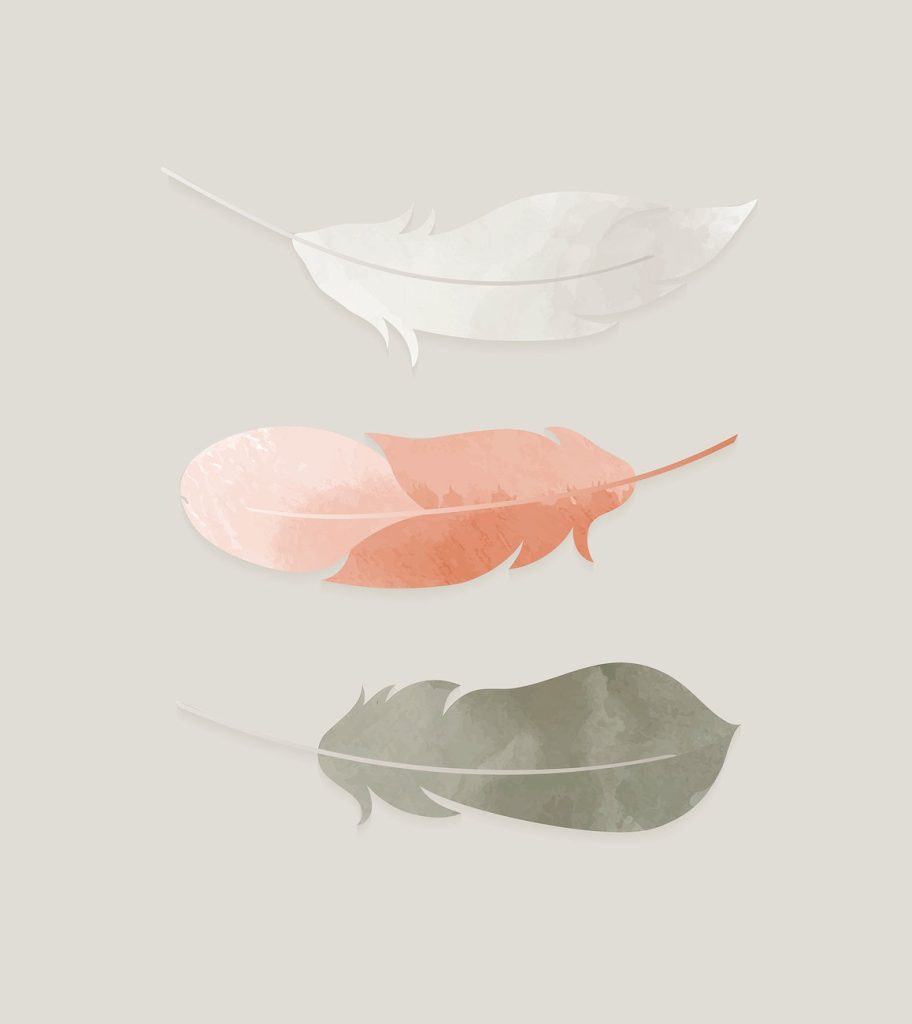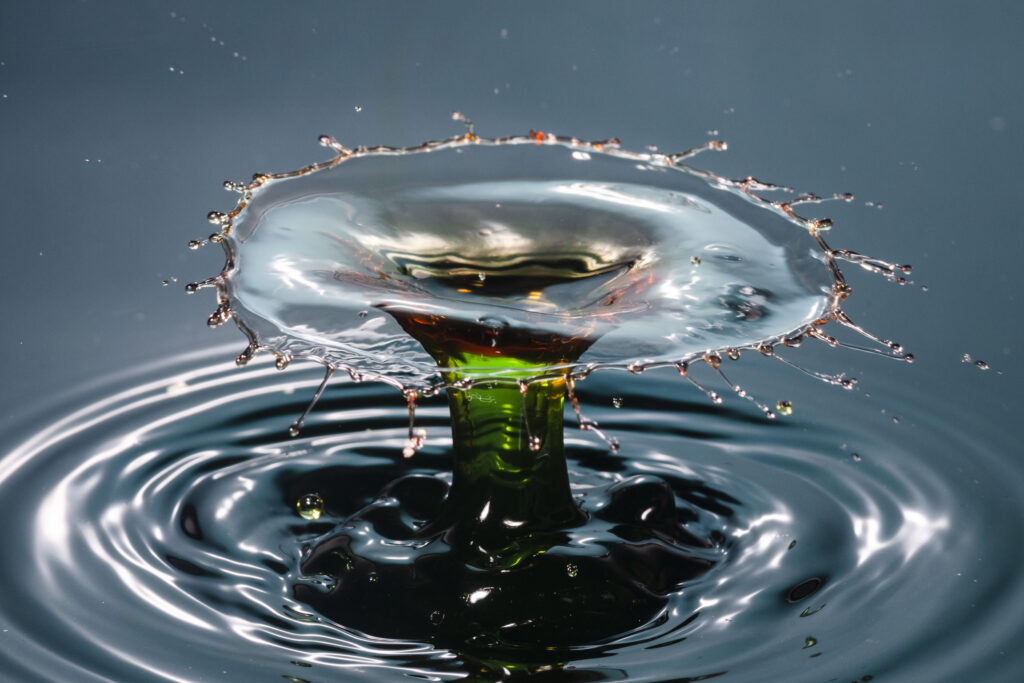Life depends on water. The Earth, its ecosystems, and the people who rely on water are connected with each drop we consume. However, did you realize that fresh water is getting harder to get in many regions of the world? Water conservation is crucial for this reason! Let’s explore what it means, why it’s important, and how each of us may contribute.

What Is Water Conservation?
Conserving water entails minimizing waste and using water sensibly. The goal is to preserve this essential resource so that there will be enough for everyone, not just now but also in the future. Even little things may have a large impact, like turning off the faucet while you wash your teeth, repairing leaks, or collecting rainwater.
Why Is Water Conservation Important?
1. Limited Supply of Freshwater
Even though there is water throughout our globe, just around 1% is freshwater that can be used. The remainder is either frozen in glaciers or salty ocean water. This small piece of water is under a lot of strain due to rising demand and population growth.
Have You Heard?
Half of the world’s population is predicted to reside in water-stressed areas by 2025. (Reference: United Nations)
2. It Encourages Ecosystems
Numerous plant and animal species live in rivers, lakes, and wetlands. These environments suffer when we misuse or contaminate water. Water conservation contributes to a healthy ecology that supports the growth of all living organisms.
3. Combats Climate Change
Energy is required to produce clean water, whether it is pumped from the ground or treated for human use. We can cut greenhouse gas emissions by using less water, lowering the energy required. The world benefits from it as well!
Real-World Example:
Cape Town, South Africa, experienced a severe water deficit in 2018. Simple practices like taking shorter showers and recycling water help residents decrease their water usage in half. The city avoided “Day Zero” when taps were predicted to run out because of these measures.
4. Saves Cash
Not only does conserving water benefit the environment, but it also benefits your pocketbook. Lower utility costs result from using less water, freeing up funds for other needs.
5. Future Water Storage
Climate change is contributing to an increase in the frequency of droughts in many parts of the world. By practicing water conservation now, we can help communities get ready for future water shortages.
Simple Steps to Take to Begin Water Conservation
- Turn Off Taps: Avoid leaving the tap running when doing the dishes or brushing your teeth.
- Repair Leaks: Over time, a tiny trickle may waste gallons of water.
- Make use of water-saving equipment: Install toilets and showerheads with modest flow rates.
- Gather rainwater and use it to clean outdoor areas or water plants.
- Carefully Water Plants: To reduce evaporation, water early in the morning or late at night.
Interactive Tool: Wondering how much water you use? Try the Water Footprint Calculator to discover how your actions affect the amount of water you use and to get advice on how to lessen your effect!
Conclusion
Conserving water is more than simply a chore; it is a sign of concern for the environment and the people who live in it. We may all help to preserve this important resource by making minor adjustments to our regular routines.
Every drop matters! By working together, we can significantly reduce future water usage. What little action will you take to save water? Please leave a comment below with your thoughts; we would be delighted to hear them!





